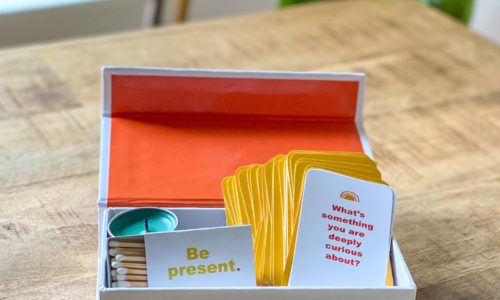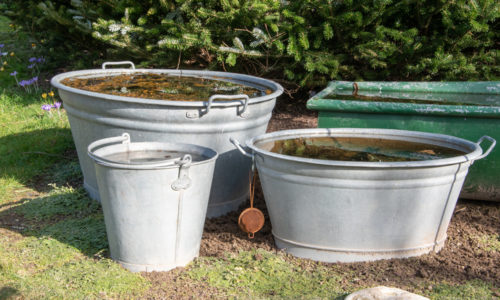Surprising Truth #3: We embrace failure.
Wrapped around this truth is a particular perspective we have on the word “failure.” I asked a few students to describe this:
Derek: “I would define failure as success.”
Lillian: “I think it is not completing something. In art or science, making mistakes can help you because then you get new ideas. In things like my tae kwon do, though, it can be embarrassing to fail a test for a belt because you then have to wait for a month to take it again. I would know what to do better, though, the next time.”
Hayes: “Failure is not doing your best or not trying. You can tell from your failure how to do it better the next time.”
Bella: “There is no such thing as failure. Maybe one time you don’t get it right. Like in horseback riding; I don’t always get it right, but I would never call myself a failure. I could fall off and fall off but the last time I try, I don’t fall off. It is the same with surfing. I never give up.”
Libby: “I don’t think there really is such thing as failure. If at first you don’t succeed, try, try again.”
Annaya: “I play games a lot with my dad. When I lose I may be frustrated. But he teaches me new strategies that I wouldn’t have known if I won every time. I am better in the long run because of failing at first.”
This week, we have been practicing giving and receiving feedback. The students acknowledge that feedback makes their work better – even if it’s hard to receive at times. They distinguished between helpful and unhelpful criticism. They shared their thoughts on how to give feedback so that it builds up rather than hurts the other person. Then they practiced with each other and created the following definition for “critique: exchanging ideas to make something better.”
I recommend that you ask your child for advice on how you can give better feedback. You will grow from the experience and your child will be honored by your question.
By incorporating, processing and even celebrating moments of failure with open minds, we have taken the sting out of the word. We accept that we will fail. We live and breathe this reality. We know that through this process, we will be far better than if we safely succeeded all along. This skill will serve our children well for a lifetime in everything from their intimate relationships to their professional experiences.
My husband uses the mantra, “Fail early and often” when he guides the students in their entrepreneurship project. We use it often at home as well. Questions we like to use around our dinner table center on each person sharing what they are most challenged by in their lives at the moment. For example: “What was the hardest problem you tried to solve today in math?” “When during the day are you most challenged in your friendships?”
We hope these discussions of struggling and even failing will inspire our children to take risks, work harder and persevere longer than if they believed failure was an exception rather than a necessity to a meaningful life journey. From these dinnertime chats, I learn how to live my own life better.
What questions have worked for you in helping your children open up about what’s going on in their lives?


